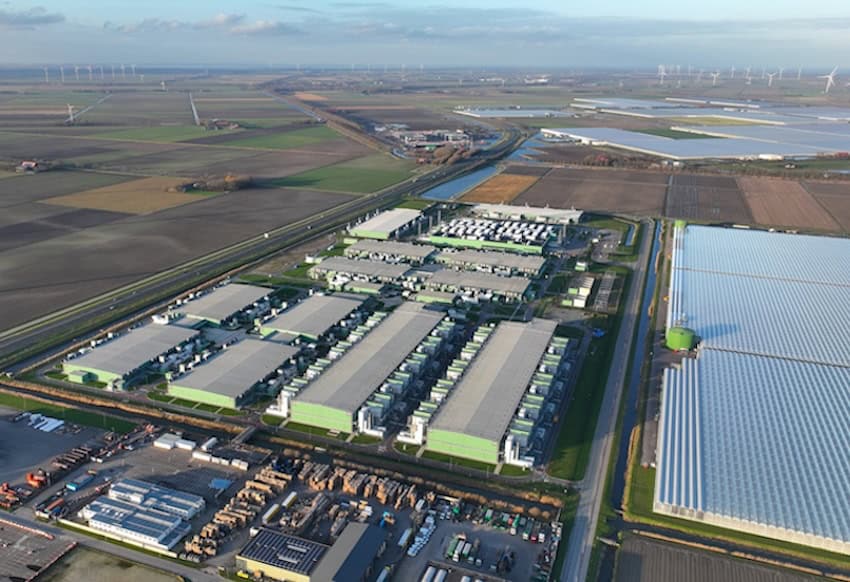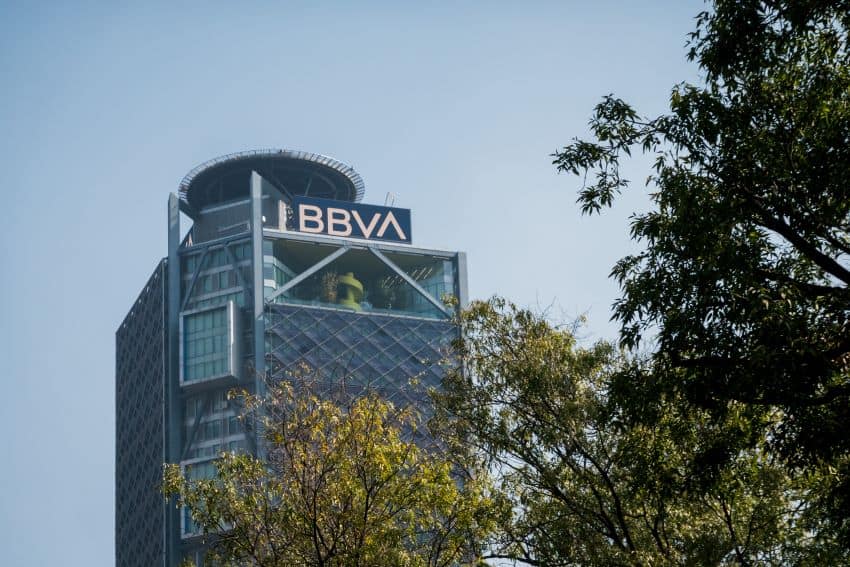Mexico held firm as one of the most attractive countries for foreign investors last year, even as global foreign direct investment (FDI) declined for a second consecutive year
An annual report compiled by the U.N. Conference on Trade and Development (UNCTAD). showed that in 2024 Mexico received nearly US $37 billion in foreign direct investment (FDI) — up from US $36 billion in 2023 — to rank 11th in the world. Despite the increase in FDI last year, Mexico slipped out of the top 10, falling two spots from the No. 9 position it held in 2023.

In contrast, at the global level, FDI last year was down 11% from 2023, reaching less than US $1.5 trillion in 2024. The decline was driven by losses in developed countries, particularly China and parts of Europe. Global FDI in 2023 surpassed US $1.67 trillion, according to UNCTAD.
The downward trend confirms a deepening slowdown in productive capital flows, the UNCTAD report found.
UNCTAD said shrinking investment funds pose acute challenges to developing countries, including Mexico, while warning that uncertainty is affecting global investment. The report indicated that FDI in developing economies was virtually unchanged in 2024 compared to 2023.
“This is not just a downturn — it is a pattern,” UNCTAD Secretary-General Rebeca Grynspan said Thursday.
Whereas foreign investment flows to Latin American and the Caribbean were down 12% last year, UNCTAD reported that “sectoral and country-level gains signal underlying resilience and long-term potential.”
Mexico was second only to Brazil (US $59 billion) in Latin America, thanks to investment in manufacturing and logistics, UNCTAD found.
Mexico was also sixth among developing economies by project announcements in digital economy sectors, attracting US $29 billion over the past five years.
According to Mexico’s Economy Ministry, FDI flows into Mexico have performed favorably during the last 10 years, with a total amount of US $300 billion during the 2011-2021 period.
The Economy Ministry attributes Mexico’s success in attracting FDI to its strategic geographical position, competitive costs, young and talented population, and the size and strength of its internal market.
The UNCTAD report cautions that macroeconomic indicators point to a slowdown, however. Global GDP growth forecasts have been revised downward since the beginning of the year, while projections for capital formation and trade — crucial for value chain-driven investment — have also weakened.

The report underscores that investment shortfalls are stalling jobs, infrastructure and sustainable development – especially in the least developed and most vulnerable economies.
“Too many economies are being left behind not for a lack of potential – but because the system still sends capital where it’s easiest, not where it’s needed,” Grynspan said.
The report concludes that the investment landscape in 2024 was “shaped by geopolitical tensions, trade fragmentation and intensifying industrial policy competition.”
The slowdown in FDI flows is also being driven by policies restricting foreign investment. UNCTAD reported that in the past decade, the number of countries imposing FDI controls, citing national security, increased from 21 to 46.
With reports from El Economista, Reforma and La Jornada
